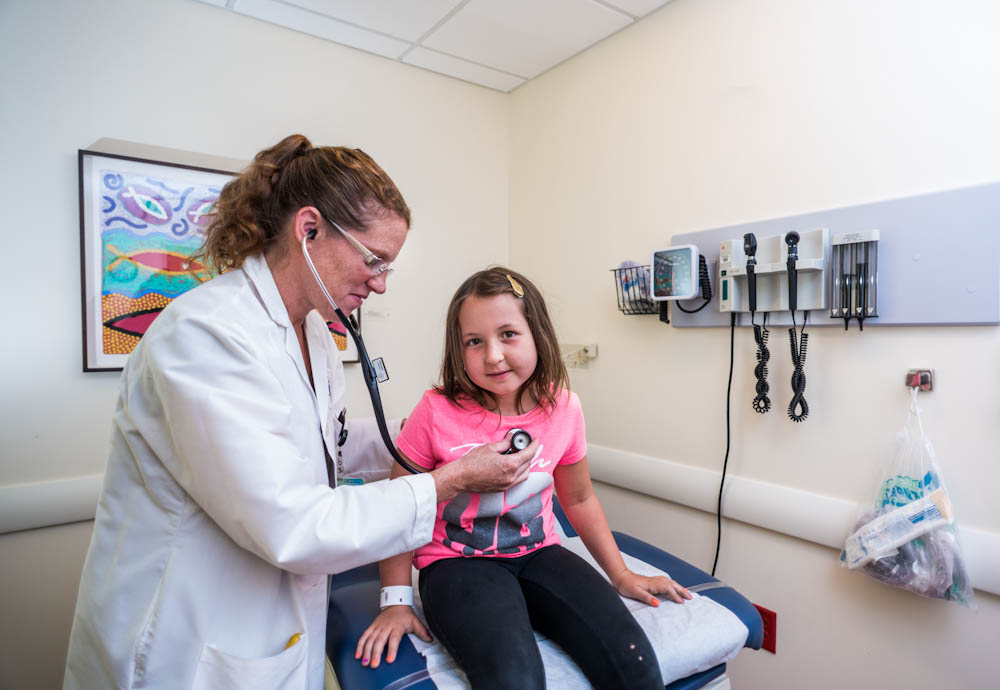Childhood cancers are very rare; in fact, they make up less than 1 percent of all cancers diagnosed annually. Therefore, there are not any regular screening tests, unless a child has an increased risk due to genetic predisposition. We’re taking a look at some of the common childhood cancer symptoms, and when parents should seek advice from a doctor.

The symptoms of childhood cancer can be difficult to recognize because they often mimic those of typical childhood illnesses, such as the common cold.
“Parents should only be concerned when symptoms persist, when they are getting worse, or if they seem out of proportion to what one would consider a typical childhood illness,” says Kimberly Davies, MD, a physician with Dana-Farber/Boston Children’s Cancer and Blood Disorders Center. “Any parent who is worried should talk with their pediatrician, who has expertise recognizing what is within the normal range of symptoms, and what isn’t.”
Common symptoms of childhood cancer can include:
- Easy bruising or bleeding
- Limping
- Unexplained fever
- Fatigue
- Sudden, unexplained weight loss
- Frequent headaches
- An unusual lump or swelling
- Sudden eye or vision changes
The most common childhood cancers are leukemia, brain tumors and other solid tumors, so symptoms may depend on the type of cancer, Davies says.
Read more:
If a pediatrician suspects cancer, he/she may conduct blood tests or imaging tests, such as x-rays or ultrasounds. If there is an abnormal lump or tumor, the doctor may order a biopsy of the tissue to look for cancer cells.
If tests show a child has cancer, children and their parents are referred to an oncologist, who will be able to run further tests and provide more information about the diagnosis. Oncologists will look at blood tests, biopsies, radiology scans and evaluate organ and heart function before deciding on a treatment plan.
“An oncologist will be able to give a better picture of the diagnosis and hopefully alleviate some of the fears and concerns parents and children may have,” Davies says. “It’s important to recognize that we successfully treat 80 percent of childhood cancers.”
More information about childhood cancer treatment and diagnosis.
